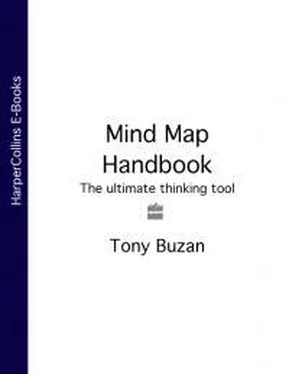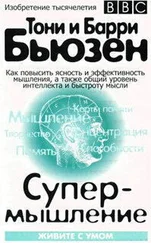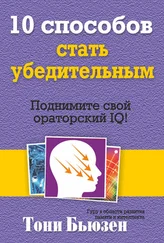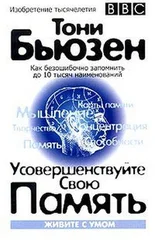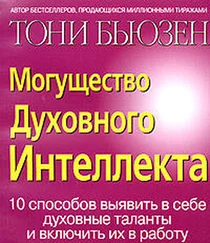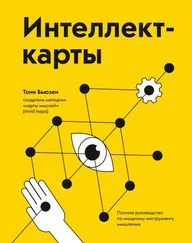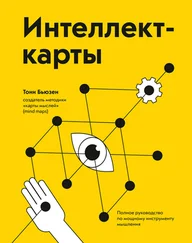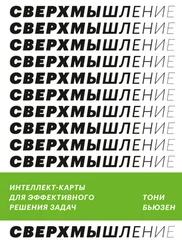These findings also confirm our growing knowledge of the fact that each one of our separate intelligences helps, supports and nurtures the others. In this instance Creative Intelligence (making music) is enhancing and improving Verbal Intelligence (word recall).
Case Study – How Do We Judge Intelligence in Strangers?
For many years, psychologists and others have been interested in the answer to this question. Some fascinating new light has been thrown onto the subject by Robert Gifford and D’Arcy Reynolds at the University of Victoria in British Columbia, Canada. Their research attempted to discover exactly which cues help us to judge IQ accurately, and which cues are not correlated with IQ.
Gifford and Reynolds videoed high-school students answering thought-provoking questions such as: ‘What do you see as the future of the world’s environment?’ Each of the students was also given standard IQ tests, and their IQs were logged.
The videos were then showed to a group of volunteers who became ‘IQ judges’. These IQ judges were asked to watch the videos and then assess each student’s body type and also to monitor a variety of behavioural cues, especially their verbal fluency; the number of different words they used; and how loudly they spoke. After they had completed this task, the judges were asked to rate the students’ IQs.
The results? Factors that had no relation to IQ included the following: halting speech; using slang; saying ‘um’; being fat; talking loudly. It is interesting to note that this last one was often thought by the judges to be a sign of high intelligence!
The factors the judges rated as showing high intelligence, and which were directly correlated with the videoed students’ IQs, were the following: if a student was easy to understand; used a lot of words; or spoke quickly .
The findings indicated that by training in these three areas, the standard IQ scores could rise.
verbal workout
Word Puzzle Number 5
1. zyglooo
__ X __ X __ __ X
2. chramon
__ __ __ XX __ X
3. phrag
__ __ __ X X
4. cectnon
__ XX __ __ __ X
Clue: Mind your body __ __ __ __ __ __ __ __ __ __ __
Verbal Intelligence Tip
When your eyes have ‘absorbed’ the letters of the puzzle, look away!
Why?
Because your brain has an ‘inner screen’ which it projects onto external reality, and onto this big blank screen your brain also projects the answer – much like your own virtual-reality blackboard, on which you can scribble notes that help you solve a problem.
This is why you often see young children, especially when they are asked to spell a word, look away. It is not because they are not paying attention; rather, they are paying attention – to that super-solution screen inside their heads.
Continuing to look at a puzzle, with your normal vision, keeps you ‘small-screen’ focused. Unless you have perceived the answer immediately, it is always best to bring the ‘big screen’ into play.
Word Puzzle Number 6
Ignorance is to not knowing as cognizant is to …?
Surprise Yourself With Your Own Knowledge!
There is a wonderful confidence-building game you can play with your dictionary. Make sure you have a comprehensive dictionary such as the Oxford English Dictionary (OED), or perhaps the more American-slanted Webster’s Dictionary .
Starting at the first word in the dictionary, go through, page by page, checking off the words you already know. Keep a little tally at the bottom of each page, as well as a running total indicating how many words you have identified so far that you know. This exercise can be done on a daily or weekly basis, or, if you feel like it, in large chunks (word bingeing!). You will find that you know many more words than you thought. In addition, you will discover many ‘old friends’ that for some reason have been put in the back of your mind. You can bring these to life once again, immediately adding to your total of current word-friends.
As you leaf through the pages, you will often spy tempting words that will beckon to you as you pass by. Be seduced! Go and visit them, and thus make even more friends.
Make Up New Words to Help You Remember
One new word can be the ‘decoding device’ that will enable your memory to recall, in perfect order, data that needs to be remembered in a given sequence. Perhaps one of the most common examples of this is the created name/character Roy Gbiv. He’s a very colourful fellow: the letters of his name are the first letters for each of the colours of the rainbow, in order: Red, Orange, Yellow, Green, Blue, Indigo and Violet.
Get a Thesaurus
As you may well know, it was one of the world’s highest-ever Verbal Intelligences, Dr Samuel Johnson, who in the 18th century had the original idea of writing a book that listed all the main words in the known language, in conjunction with their meanings, parts of speech, most common usage and historical derivations. His brilliant first work, The Dictionary of the English Language , gave birth to all our modern dictionaries.
A few decades later, another man, Roget, had a similarly brilliant idea. He decided to write a book that also contained all of the words in the English language, but this time with a difference. Rather than giving the meanings of all the words, Roget’s book would give all the words that had similar meanings to the given word.
Thus, for example, if you were writing a book, giving a speech or composing a poem, and wanted to have a variation on your theme, his book would give you every known ‘companion word’. He called his book Roget’s Thesaurus .
Nearly every great writer and thinker has since used it, and it is a standard tool for all those who wish to improve their Verbal Intelligence, communication skills and ability.
Let’s just look, for example, at just some of the entries in Roget’s Thesaurus for the word ‘intelligence’:
Intelligence, wisdom:Mental Capacity. NOUNS
intelligence, understanding, Verstand [Ger.], comprehension, apprehension; savvy [slang, US]; sense, wit, mother wit, natural or native wit; intellect; intellectuality, intellectualism; mentality, rationality, intellectual power; capacity, caliber, reach or compass of mind; I.Q., intelligence quotient, mental ratio, mental age; sanity; knowledge.
smartness, braininess[coll.], brightness, brilliance, cleverness, aptness, aptitude, native cleverness; sharpness, keenness, acuteness; quickness, nimbleness.
sagacity, sagaciousness, astuteness, acumen, gumption [coll. & dial.], flair; long head [coll.], longheadedness, hardheadedness
wisdom, wiseness, sageness, sapience, good or sound understanding; erudition
sensibleness, reasonableness, reason, rationality, sanity, saneness, soundness; sense, good ~ common or plain sense
genius, Geist [Ger.], spirit, soul; inspiration, afflatus, divine afflatus; fire of genius, lambent flame of intellect, coal from off the altar; talent; creative thought
Your Thesaurus, like your dictionary, will be your lifelong companion. Use them regularly to boost your Verbal Intelligence.
Use Your Favourite Words to Generate More Favourite Words
Make a list of your Top 10, or Top 100 favourite words. First use your dictionary to check their meanings (and especially derivations). Next go to your Thesaurus and check all those words that have similar meanings to your favourite words. As you explore you will find many new friends, who will become both new favourites and will enhance your growing vocabulary.
Читать дальше
